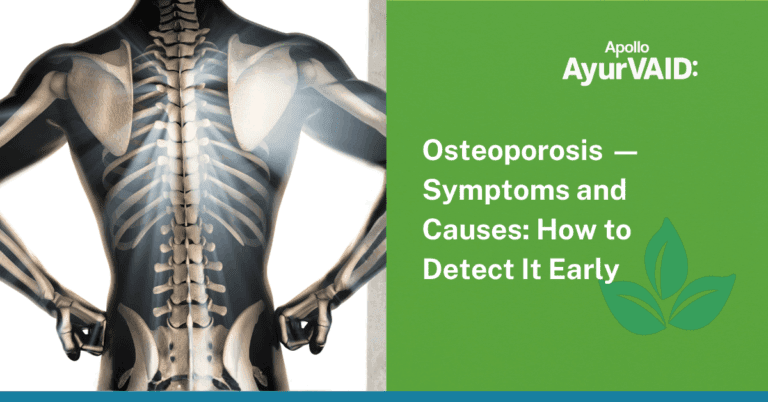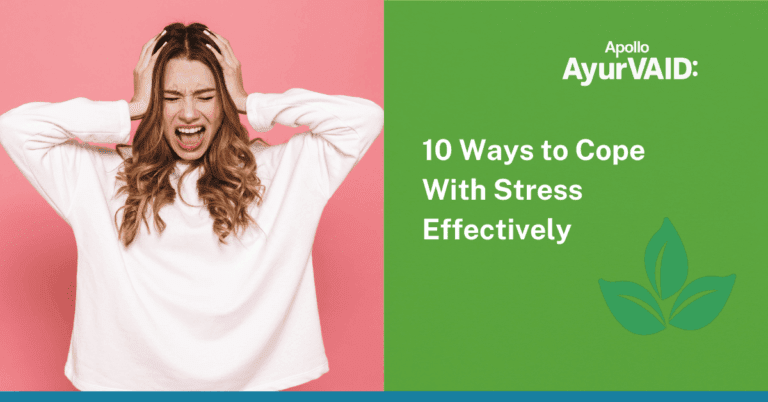Introduction
Erectile dysfunction is more than a mere temporary challenge—it is the chronic inability to attain or sustain an erection strong enough for sexual satisfaction. Many men suffer from the condition, and although it is intimidating, knowing the symptoms of erectile dysfunction at an early stage can make a big difference. Some of the usual signs might be decreased sexual desire, trouble getting or keeping an erection, or feeling frustrated during lovemaking.
Although commonly associated with aging, erectile dysfunction causes are not solely found in older men. Stress, poor lifestyle habits, and metabolic diseases are increasingly causing the condition in younger men too. In Ayurveda, this has been referred to as Klaibya, where even with desire and a willing partner, a man is at loose ends of the phallus, results in weariness and disappointment.
The positive news is that this is a curable condition. With prompt attention and a comprehensive Ayurvedic erectile dysfunction treatment, most men can rebuild confidence, intimacy, and general health. Identification of the initial symptoms is the key to recovery.
Early Signs of Erectile Dysfunction
Erectile dysfunction (ED) usually starts with minor changes that could be indicative of underlying health issues. Identifying the initial symptoms of erectile dysfunction can assist you in taking prompt recovery steps.
- Trouble getting or maintaining an erection.
- Decreased or softer morning erections.
- Laxity of the penis (Linga Shaithilya in Ayurveda).
- Diminished sexual urge or excitement.
- Fatigue, sweating, or frustration during sex.
- Causes of stress, anxiety, or loss of confidence in performance.
- Potential pre-symptom of heart, metabolic, or neurological problems.
If you identify these pre-symptoms of erectile dysfunction, then it’s necessary not to overlook them. They can be easily reversed through proper guidance, lifestyle modification, and supportive treatment like Ayurvedic erectile dysfunction treatment.

The Symptoms of Erectile Dysfunction
Besides the initial warning signs, there are several symptoms of erectile dysfunction that become more dominant over time:
- Erection inability: This is the most common symptom, whereby a man constantly has difficulty getting an adequate erection for sexual intercourse.
- Inability to sustain erection: Other men may get an erection but cannot last it through intercourse.
- Decreased sexual desire: A decrease in libido or general sexual desire frequently occurs with ED, due to psychological or hormonal causes.
- Decreased morning erections: A decrease in the number or quality of involuntary erections that occur in sleep or on waking is another typical indicator.
- Psychological distress: ED also tends to trigger anxiety, depression, low self-esteem, embarrassment, and frustration, worsening the condition and influencing overall quality of life.
- Influence on relationships: The condition tends to severely stress relationships, impinging on the emotional well-being of both partners.
- Associated sexual dysfunctions: At times, men may also suffer from conditions such as inhibited ejaculation or pain upon ejaculation, attributed to underlying pathologies.
Symptoms of erectile dysfunction (Klaibya) as per Ayurveda:
- Linga Shaithilya (looseness of the penis)
- Moghasankalpa Chesta (futile effort at coitus)
- Mlana Shishnata (floppiness of the penis)
- Dhvajanucchraya (lack of erection)
- Suratasaktata (inability for sexual act) together with accompanying signs like pallor, weakness, and low vitality.
Erectile Dysfunction Causes
Erectile Dysfunction is a complex condition whose causes can be physiological, psychological, or lifestyle-related.
- Vascular Reasons: The most prevalent organic reasons for Erectile Dysfunction. Hypertension (high blood pressure), diabetes, hyperlipidemia (high cholesterol) and atherosclerosis (hardening of the arteries) impact your body’s arteries and blood flow to the penis. Cigarette smoking drastically reduces blood flow as well.
- Neurological Reason: Neurological medical conditions, such as multiple sclerosis, Parkinson’s disease, and spinal cord injury may disrupt nerve impulses to achieve an erection.
- Hormonal Reasons: Endocrine imbalances underlie many causes of Erectile Dysfunction, the most popular being low levels of testosterone. Testosterone levels start to decline after age 40. Additionally, other hormonal conditions such as diabetes, hyperprolactinemia, and thyroid disease may also lead to ED.
- Psychological Causes: Stress, anxiety, depression, performance anxiety, and relationship issues are very effective Erectile Dysfunction causes, perpetuating a cycle of concern leading to increased difficulty.
- Lifestyle Factors: Diet and lifestyle factors such as smoking, excessive drinking, obesity, and lack of exercise significantly enhance the risk of ED. Overexertion, physical and mental, inadequate sleep, and even long-distance bicycle riding can be contributory.
- Drugs: Some medications such as antidepressants, tranquilisers, and anti hypertensive medications, may produce side effects that include Erectile Dysfunction.
- Trauma and Age: Pelvic injuries or surgeries (like prostate, bladder, colon) may cause ED. Age is also a prime risk factor, with incidence rising dramatically with increasing age.
Klaibya Nidanas - Erectile Dysfunction causes as per Ayurveda
- Nidana Parivarjana (Avoiding causative factors): Avoiding foods that further increase Kapha dosha and diminish digestive fire such as overconsumption of sweet, sour, and salty flavours; heavy, cold, unctuous, and slimy foodstuffs; a sedentary lifestyle is recommended in Ayurveda. Avoidance of goitrogenic foods like cabbage and soya products and reduction in caffeine and smoking is also beneficial.
- Shamana (Internal medicines): Helps to stimulate Agni, digest Ama, and remove obstructed channels. This improves overall metabolic efficiency. Herbal agents such as Trikatu and Panchkola can be used for Deepana, whereas therapies such as Vamana (emesis) and Virechana (purgation) can be used for Srotoshodhana.
- Kapha-Vata Shamana: Management aims at soothing imbalanced Kapha and Vata Doshas. Vasti (enema), Udvartana (medicated powder massage) etc can be administered after proper assessment of the patient.
- Rasayana Chikitsa: Rejuvenation treatments may reverse free radical generation and stimulate Agni.
- Exercises and Stress Management: Physical activity and Pranayama (breathing exercises) are suggested to balance energy, enhance flexibility, minimise stress, and aid metabolism.
Ayurvedic Erectile Dysfunction Treatment
In Ayurveda, the focus of ED treatment consists of realigning body and mind through specialised therapies, herbal remedies, and lifestyle adjustments that focus on addressing the root cause. One of the most effective treatment options is called Vajikarana, which improves sexual energy, virility, and rejuvenates the male reproductive system, enhancing the length and quality (hardness) of erections and preventing premature ejaculation. Vajikarana herbs (aphrodisiac herbs) strengthen and invigorate the individual, as well as the reproductive organs and bodily systems by tonifying, regulating endocrine systems, and enhancing Ojas (vital potency or vitality).
Apart from herbs, Ayurvedic Erectile Dysfunction Treatment consists of other important components:
- Psychotherapy and Manasika Chikitsa: Psychological treatment of ED is perhaps most important. Methods to decrease anxiety are adopted; the development of intimacy slowly and faith in oneself are promoted. Counselling is also an important part of Satwavajaya chikitsa.
- Diet and Nutrition Control: A balanced diet is essential. This includes eating foods high in fibre and healthy fats and avoiding processed and packaged foods. Adequate intake of protein, healthy fats, and fatty acids is essential for proper hormonal function.
- Vasti (Enema Therapy): Vasti plays a major role in the management of Klaibya. Uttaravasti (intra-urethral enema) and Matravasti (medicated oil enema) are usually administered for effective management. The medicine administered through Vasti can produce profound beneficial effects on penile erection, rigidity, and erectile function as a whole. The properties of the oil nourish the reproductive organs, calm Vata, and improve psycho-functional aspects, facilitating semen retention.






